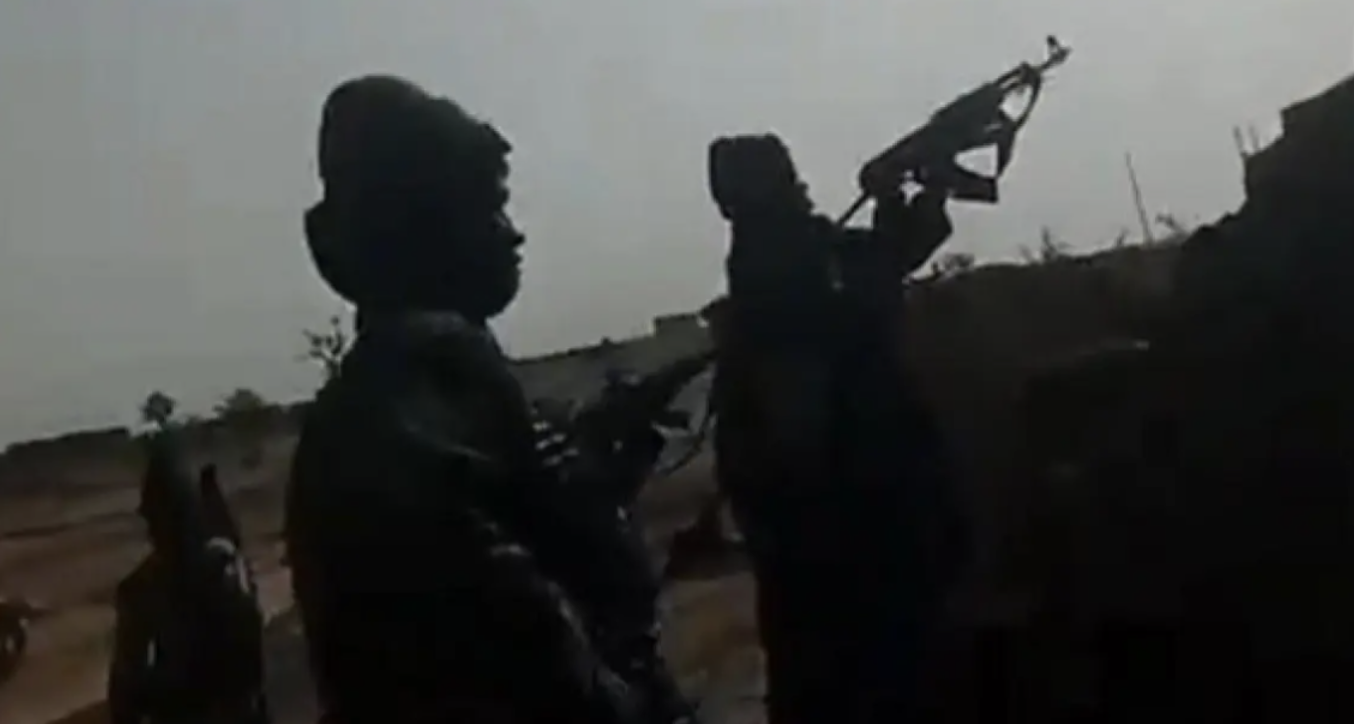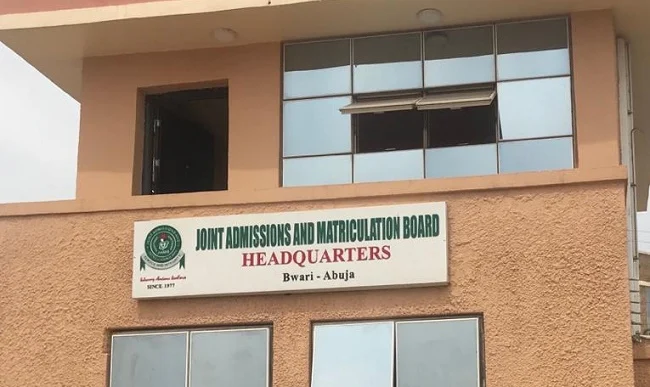BY KOLAWOLE BABATUNDE OLADAPO
To target and kill human beings solely based on their creed, tribe, or race is to commit a profound sin against our shared humanity. This form of violence, known as identity-based persecution, aims to fracture societies along their most fragile seams, transforming diversity from a strength into a weapon. It is a global scourge that rightfully attracts international condemnation. However, accurately diagnosing this disease is the first step to curing it, and misapplying the label can be as dangerous as the violence itself, poisoning the well of communal harmony and steering solutions in the wrong direction.
In Nigeria, the reality on the ground is one of complex, multifaceted insecurity, not a simplistic religious war. Bandits in the north-west kidnap Muslims and Christians alike for profit. Terrorist groups in the north-east attack military installations and communities that defy their ideology, regardless of faith. The farmer-herder clashes, deeply painful and destructive, are fundamentally rooted in decades of competition over dwindling resources, environmental degradation, and failed land-use policies.
To force this tangled web of criminality, economic desperation, and terrorism into a purely religious narrative is a dangerous oversimplification. It ignores the universal suffering of all Nigerians and lets the true culprits, failed governance, corruption, and economic disparity, off the hook. The Nigerian government, under President Bola Ahmed Tinubu, is therefore correct in its resolve to tackle this menace through a holistic, national security framework, and it is in this endeavour that we should seek collaboration, not condemnation, from allies like the United States.
Advertisement
The federal government’s official response, as articulated by the ministry of foreign affairs, strikes the right chord of sober resilience. It acknowledges the “violent extremism” and mourns “all victims,” while rightly saluting the courage of our armed forces who face “vicious but cowardly foes” daily. This statement is not a denial of the crisis, but a defiant affirmation of national sovereignty and unity. It correctly identifies that our greatest strength is our diversity and reaffirms Nigeria’s commitment to a rules-based international order. By choosing to frame the response around national solidarity and a steadfast commitment to all partners who believe in “genuine peace,” the government is wisely steering the conversation away from divisive labels and towards practical, collaborative solutions.
It is disheartening, however, to see some Nigerians, driven by political animosity towards the present administration, openly call for or welcome the prospect of foreign military intervention, citing the US government’s statements as justification. This is a perilous path, born of frustration but ignorant of recent history. A cursory glance at the United States’ well-intentioned but catastrophic military interventions in the 21st century should serve as a stark warning.
Iraq (2003): Invaded under the pretext of eliminating weapons of mass destruction (which were never found), the war dismantled the Iraqi state, leading to a brutal sectarian civil war, the rise of ISIS, and the deaths of hundreds of thousands of civilians. The country remains deeply unstable and fractured today.
Advertisement
Libya (2011): A NATO-led intervention, supported by the US, toppled Muammar Gaddafi but left a power vacuum that plunged the nation into a decade of violent chaos, civil war, and a thriving hub for slave markets and migrant trafficking.
Afghanistan (2001-2021): A two-decade-long war aimed at rooting out terrorism ended in a chaotic withdrawal and the swift return of the Taliban to power, leaving the country in a dire humanitarian crisis and the mission of nation-building in ruins.
In each case, the intention to “restore peace” resulted in nations being left infinitely worse, shattered, failed, and more dangerous than before the intervention. Those Nigerians drumming support for such a fate to befall their own country, simply to score political points, are playing with fire. They are, in effect, advocating for a solution that would likely dismember the Nigerian state and unleash a level of anarchy that would make our current challenges seem pale in comparison.
Therefore, we must unequivocally stand with the position of the federal government. Yes, the incessant killings, kidnappings, and clashes are an open wound on the nation. The pain is real, and the demand for action is justified. However, draping this complex security crisis in a religious cloak does not bring us closer to a solution; it pushes us further away by alienating segments of the population whose cooperation is essential for peace.
Advertisement
The path forward is difficult, but it must be a Nigerian path, one of strengthened intelligence, robust policing, economic investment in conflict-prone areas, and inter-community dialogue. We must channel our frustrations into holding our institutions accountable and supporting our troops, not into inviting foreign forces whose “help” has a proven record of leaving nations in ashes. Our unity in confronting this challenge, not division fueled by foreign narratives or domestic political strife, is the only guarantee of our eventual peace and stability.
Kolawole Babatunde Oladapo, a legal practitioner, can be contacted via [email protected]
Views expressed by contributors are strictly personal and not of TheCable.





